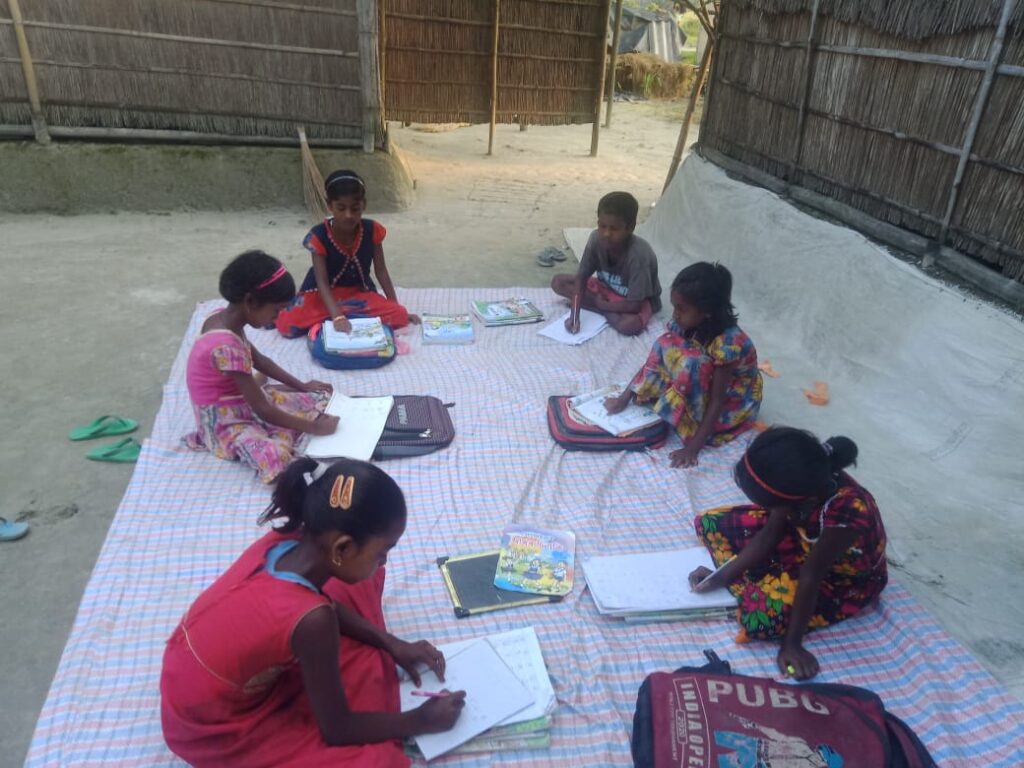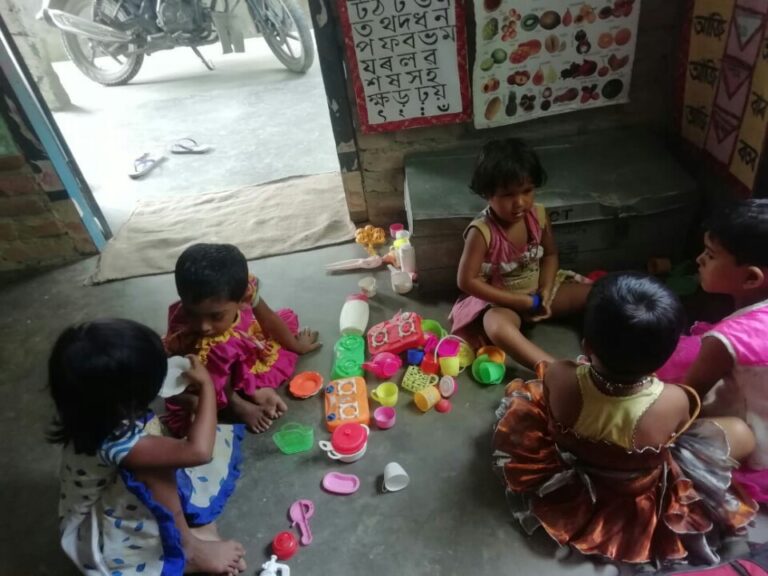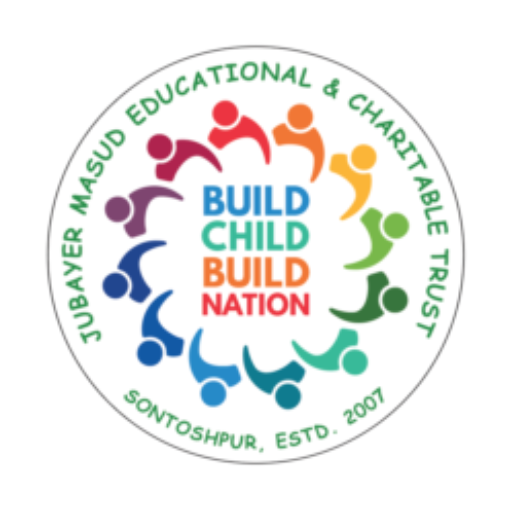Increase education security of children in Assam


The project “Increase education security of children in Assam ” aiming to improve the quality of education and to reduce the vulnerability of drop out children through education and livelihood support to parents of school going children has been implementing by organization in 18 minority concentrated villages of Tapattary Development Block and Srijangram development block area under the district of Bongaigaon, Assam. The project was funded by Paul Hamlyn Foundation and implementing in the field since October 2019. Under this project 18 primary schools of 18 villages are covered within the existing framework by providing remedial support services for school going children specially on language and Mathematics who have no class appropriate learning level. Along with this, Pre primary education centre also set up under this project . Advocacy program also initiated with various stakeholder for improvement of educational environment in the locality. Integrated livelihood support also given among 200 families of school going Children. The main objective of the project is to work at the primary level of education, with the goal to provide quality education to underprivileged children and help them to develop into confident, employable and responsible citizens of tomorrow.
Project Avahan ( Domestic Violence)
A project namely Avahan (Against Violence At Home – Act Now!)is taken by the organisation to challenge this notion and to break the culture of silence around violence. It seeks action from the survivor, the community and the State to stop violence which women suffer within homes. The project aims to reduce incidence of domestic violence in 6 villages of Bongaigaon .The project works at 3 levels to bring about change: a) Provide support to women of domestic violence. b) Changing the Culture of Violence Against Women: empowering communities to stop Domestic Violence ; building women’s leadership for taking action to stop Domestic Violence and sensitising them and build up skills on non-violent means of dealing with stress, formed Response Groups in every village to protect the girl children from early or forced marriage , to advise either individual cases or counsel the residents of the locality generally not to indulge in promoting, helping, aiding or allowing the solemnization of child marriages, create awareness of the evil which results from child marriages and to sensitize the community on the issue of child marriages.
There
are many forms of inequality and exclusion. Gender-based discrimination, gender
stereotyping, and unequal distribution of power between women and men, girls
and boys and other genders. Gender inequality intensifies all other forms of
exclusion and makes them different and often worse for girls and women.
To
address these barriers, JMECT has
considered a gender transformative approach, which goes beyond addressing
‘symptoms’ to explicitly tackling the root causes of gender inequality,
particularly unequal gender power relations, discriminatory social norms and
systems, structure, policies, and practices.
It
improves the daily condition of girls while advancing their position and value
in society. The following six quality elements have been integrated with all
our work.
Ø Understand
and address how gender norms influence children through their life course.
Ø Build
girls’ agency over the decisions that affect them and build their knowledge,
confidence, skills, and access to and control over resources.
Ø Work
with and support boys, young men, and men to promote gender equality.
Ø Consider
girls, boys, young women, and young men in all their diversity.
Ø Improve
the conditions and social position of girls and young women.
Ø Create
an enabling environment where all stakeholders work together to support
children and youth on their journey towards gender equality.
